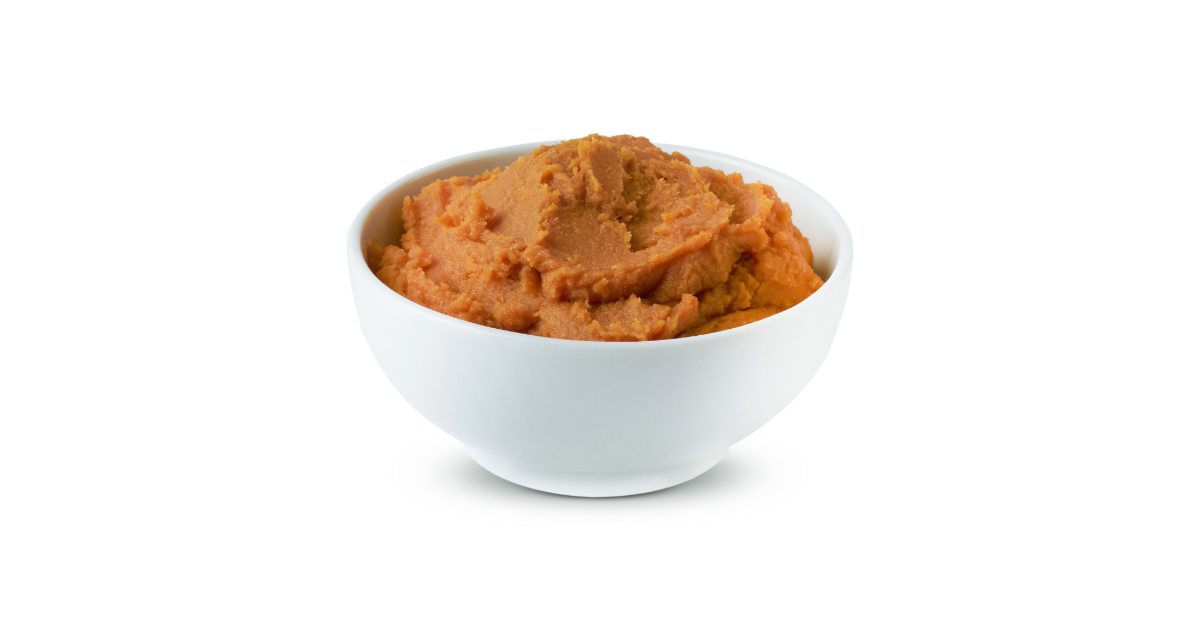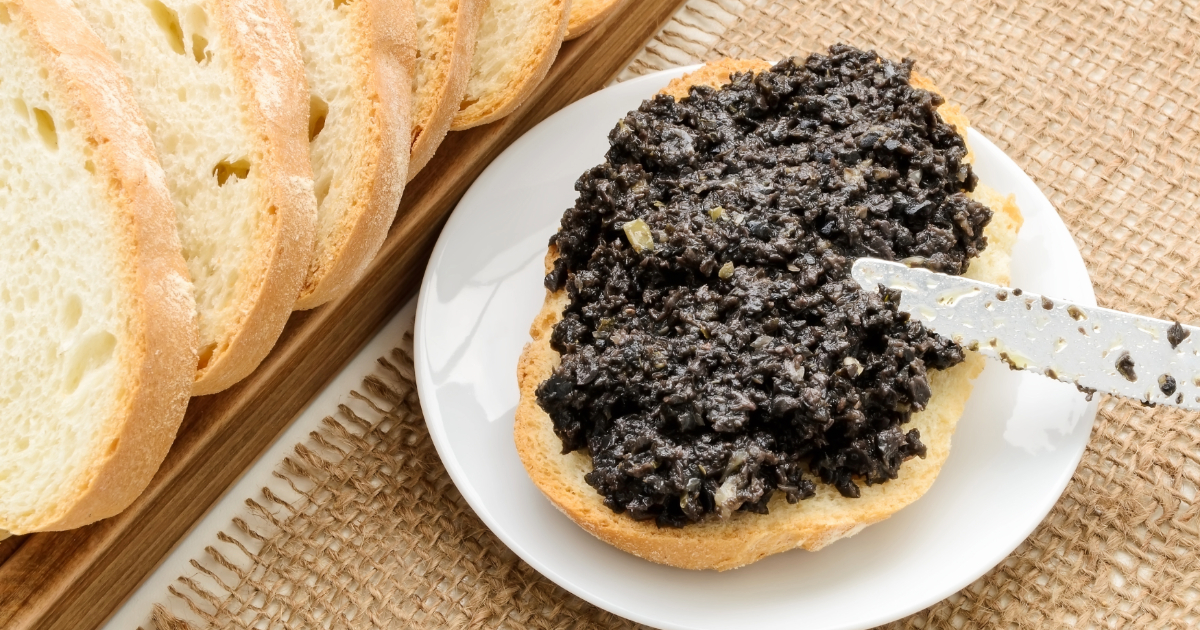
Latest Posts
Easy weeknight dinner ideas, holiday meal plans, and seasonal cooking tips. Learn how to make tasty dishes like air fryer chicken, sheet pan dinners, and slow cooker meals. Get advice for meal prep and grocery shopping on a budget. See photos of finished dishes so you know what you're cooking. Read reviews of new kitchen gadgets and appliances. Follow along with step-by-step cooking tutorials.

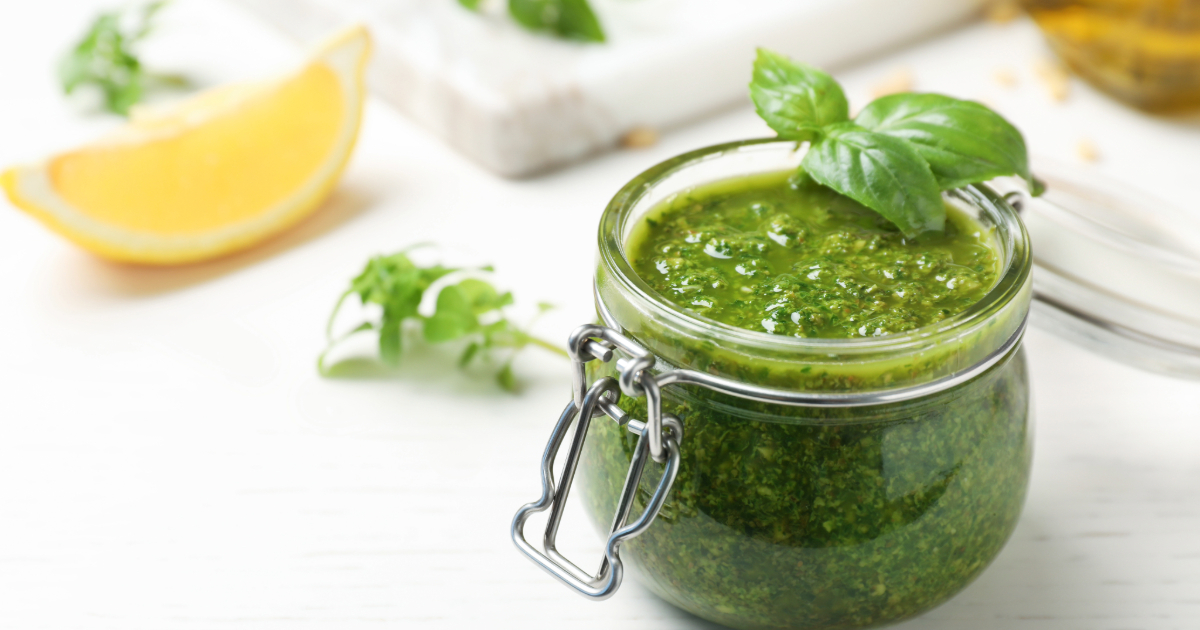
Basil Paste Vs. Fresh Basil
Read MoreBasil Paste Vs. Fresh Basil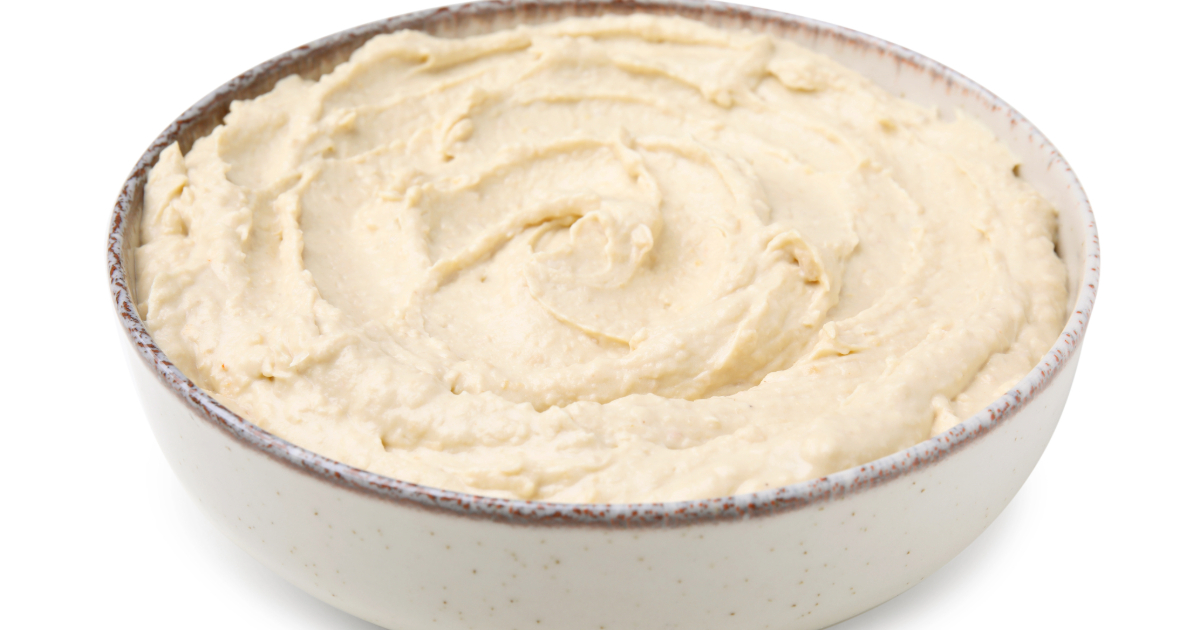
Bean Paste Vs. Buttercream
Read MoreBean Paste Vs. Buttercream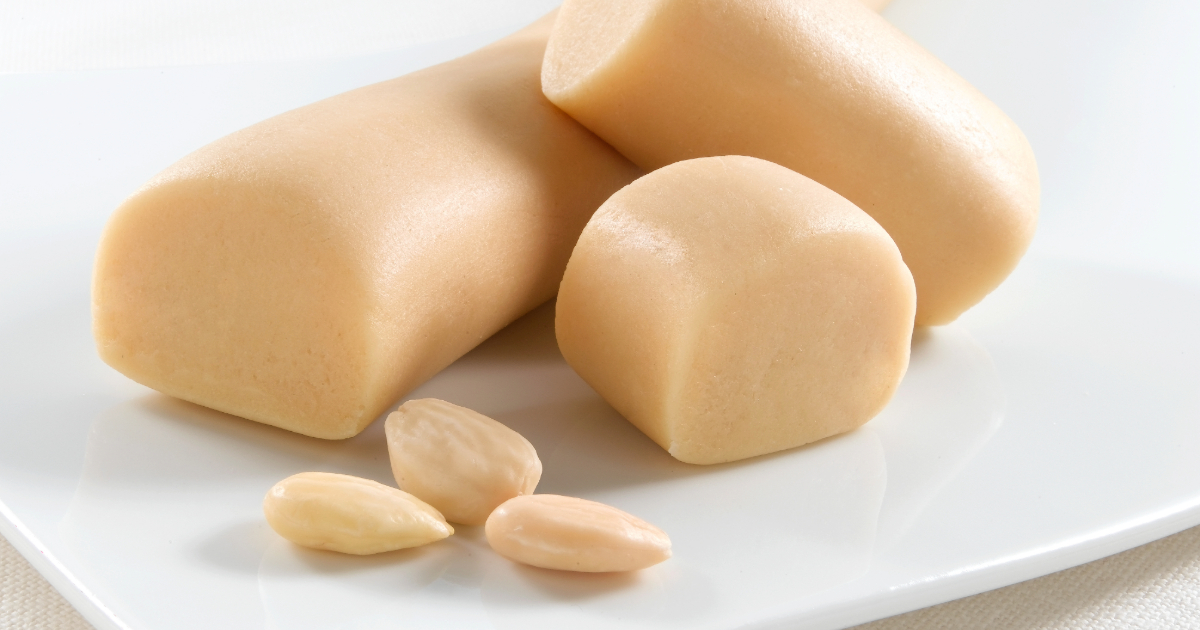
Almond Paste Vs. Almond Flour
Read MoreAlmond Paste Vs. Almond Flour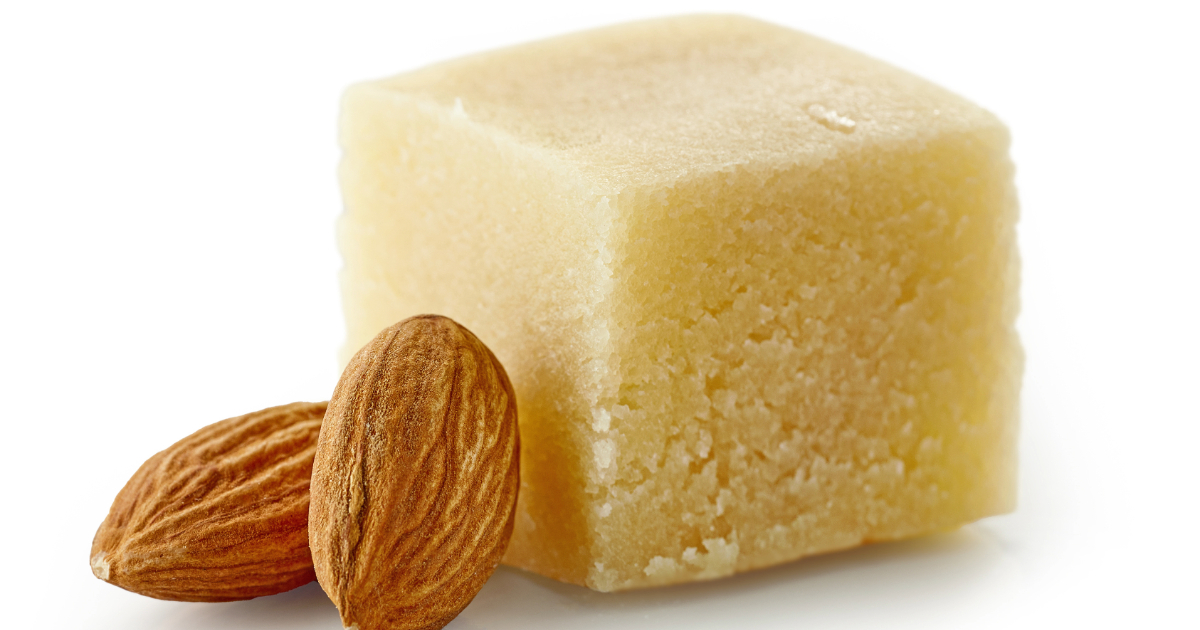
Almond Paste vs. Marzipan
Read MoreAlmond Paste vs. Marzipan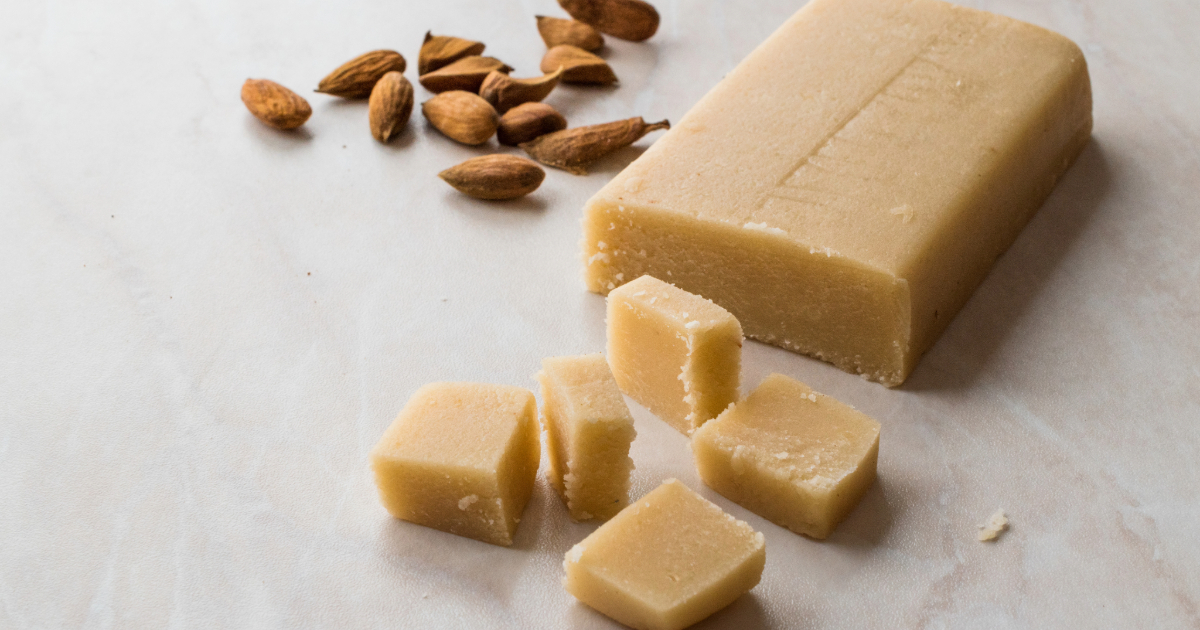
Almond Paste vs. Frangipane
Read MoreAlmond Paste vs. Frangipane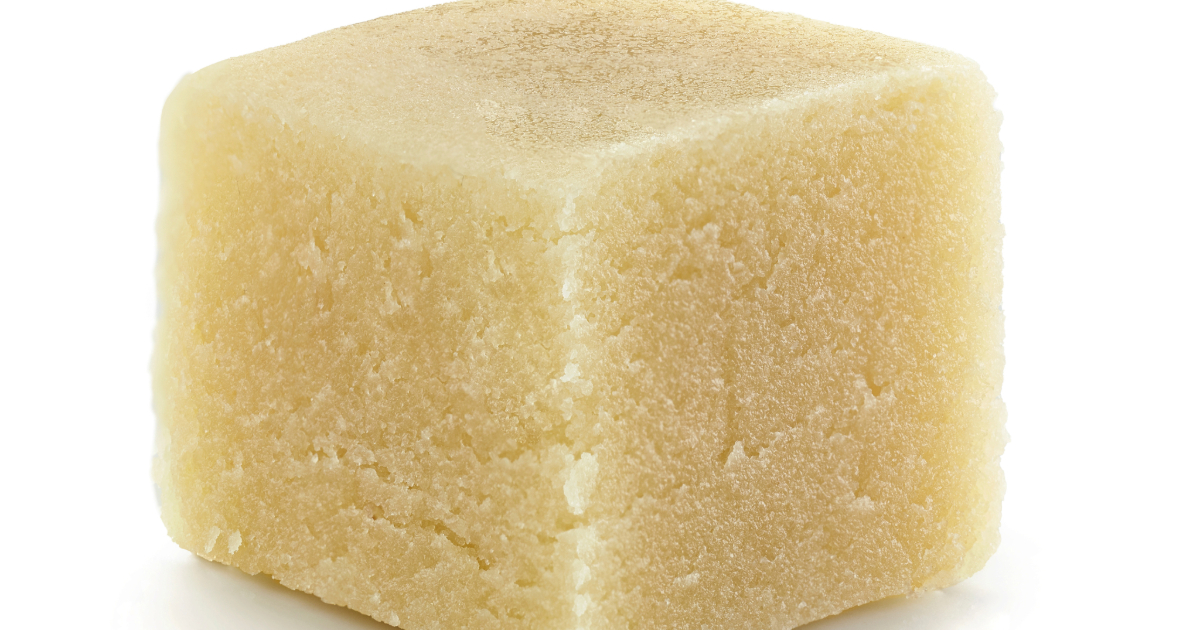
Almond Paste vs. Almond Filling
Read MoreAlmond Paste vs. Almond Filling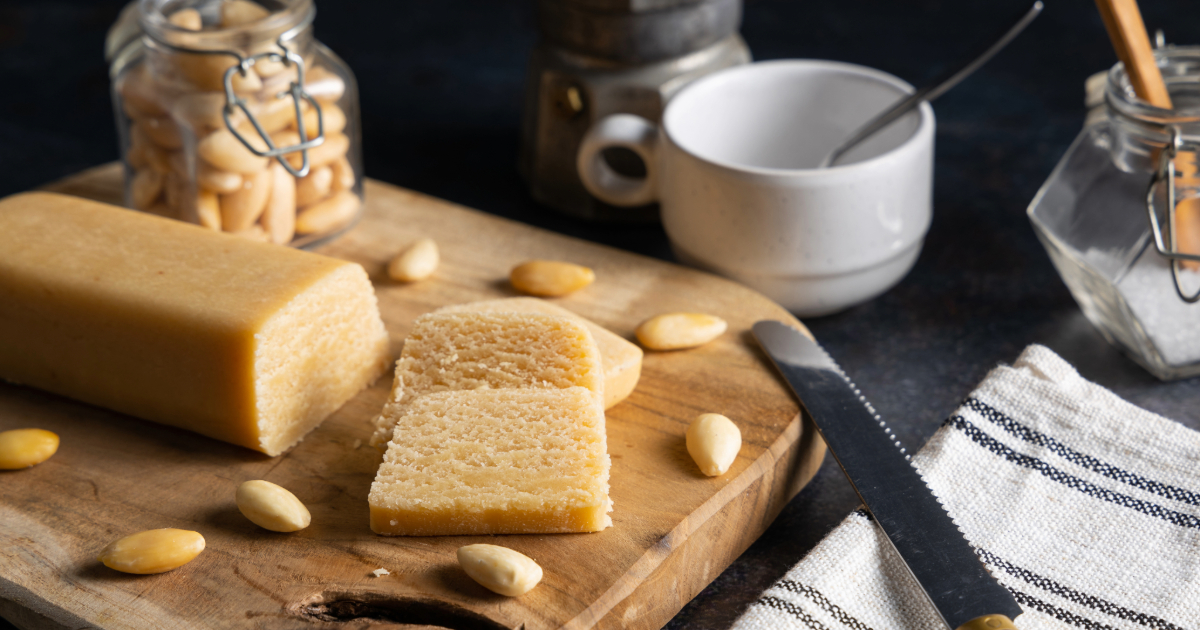
Almond Paste vs. Almond Extract
Read MoreAlmond Paste vs. Almond Extract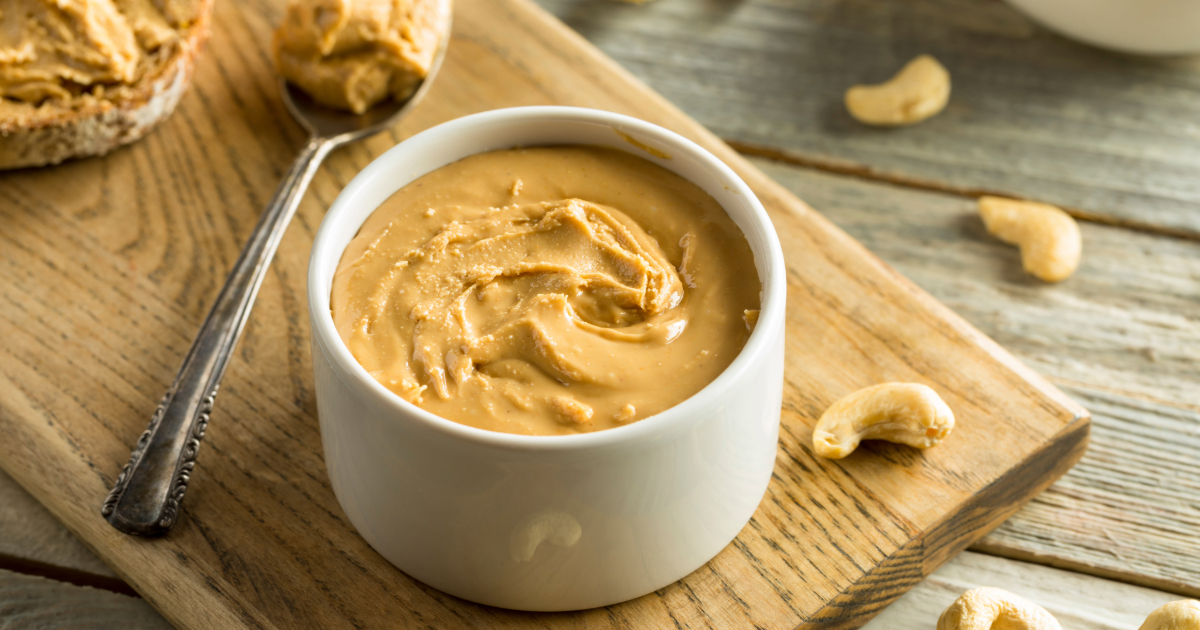
Almond Paste vs. Almond Butter
Read MoreAlmond Paste vs. Almond Butter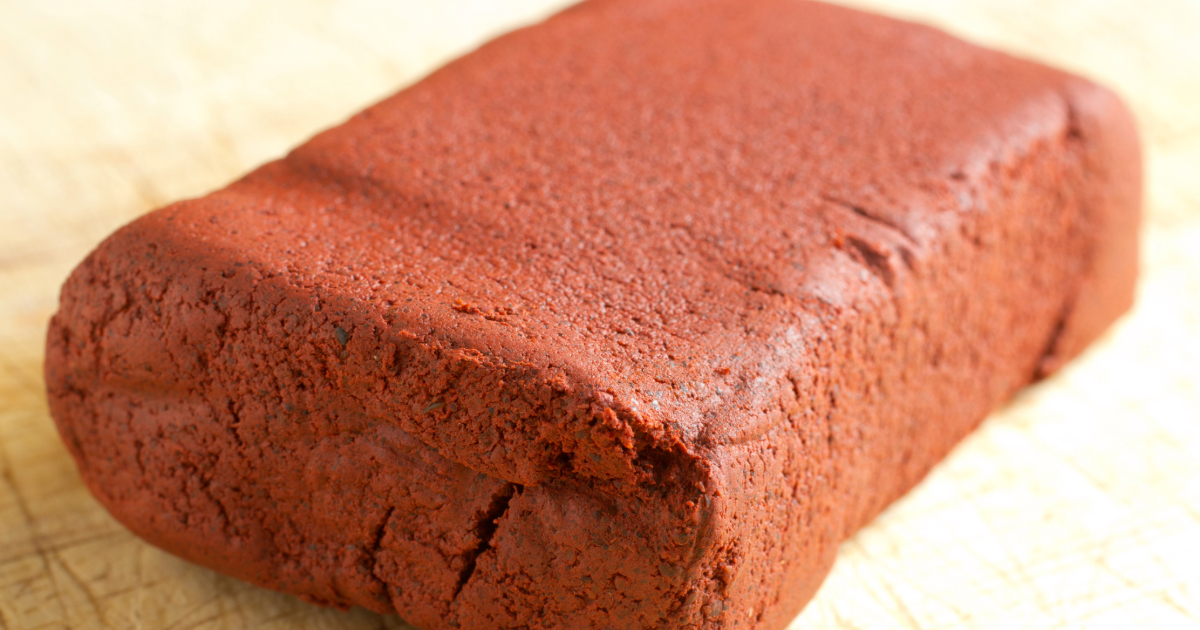
Achiote paste Uses
Read MoreAchiote paste Uses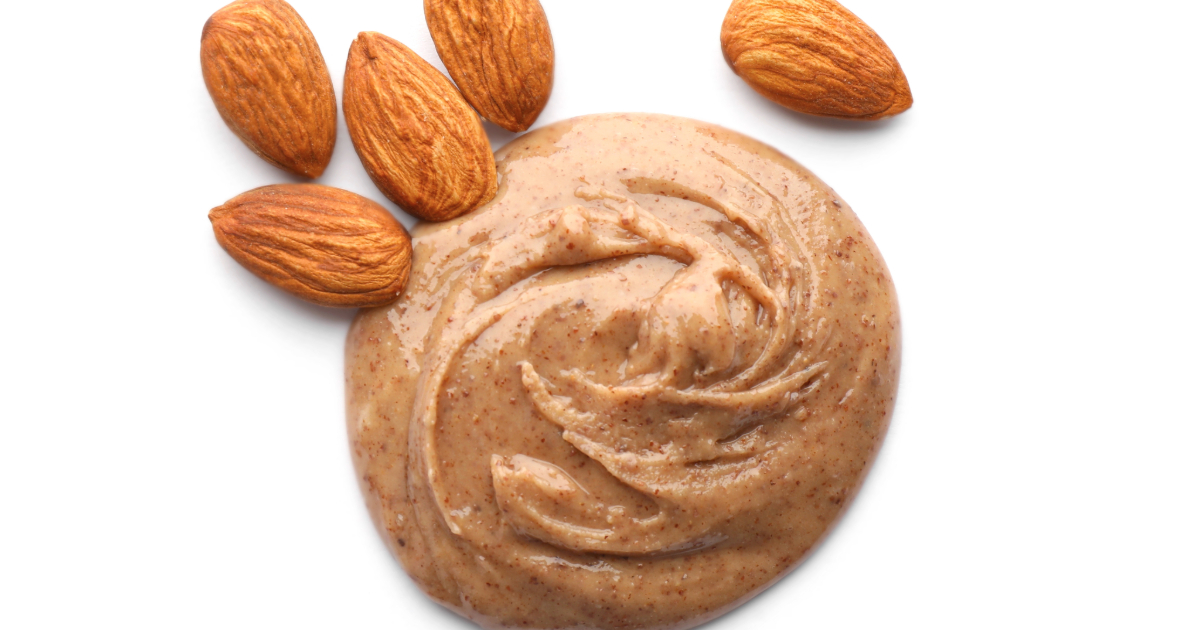
Almond Paste Uses
Read MoreAlmond Paste Uses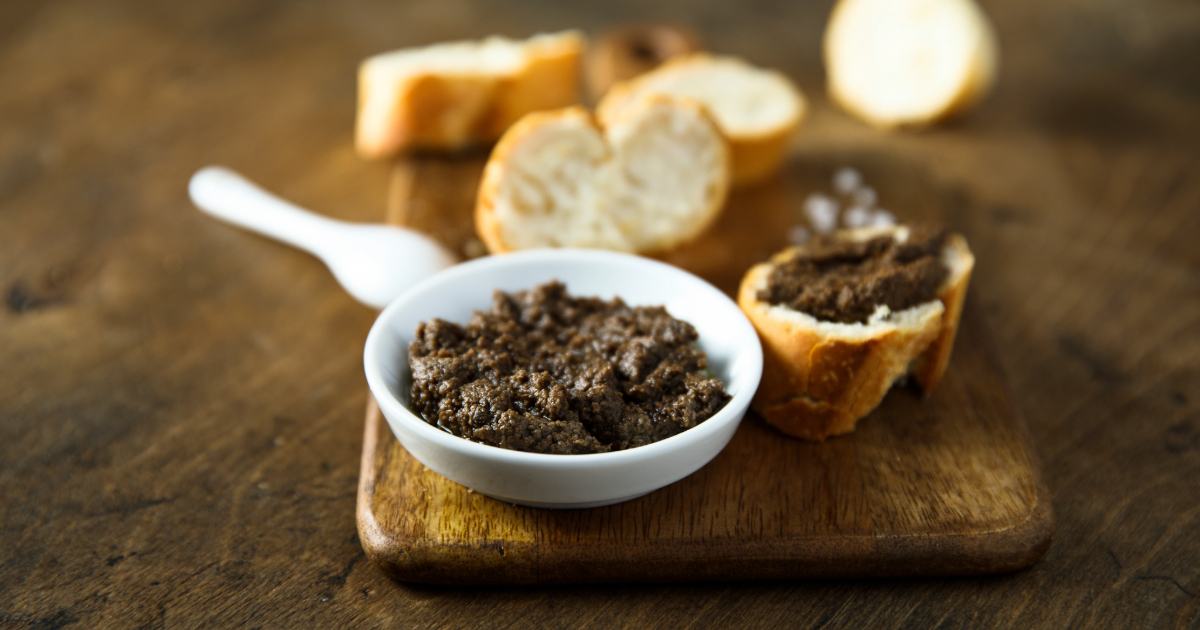
Anchovy Paste Uses
Read MoreAnchovy Paste Uses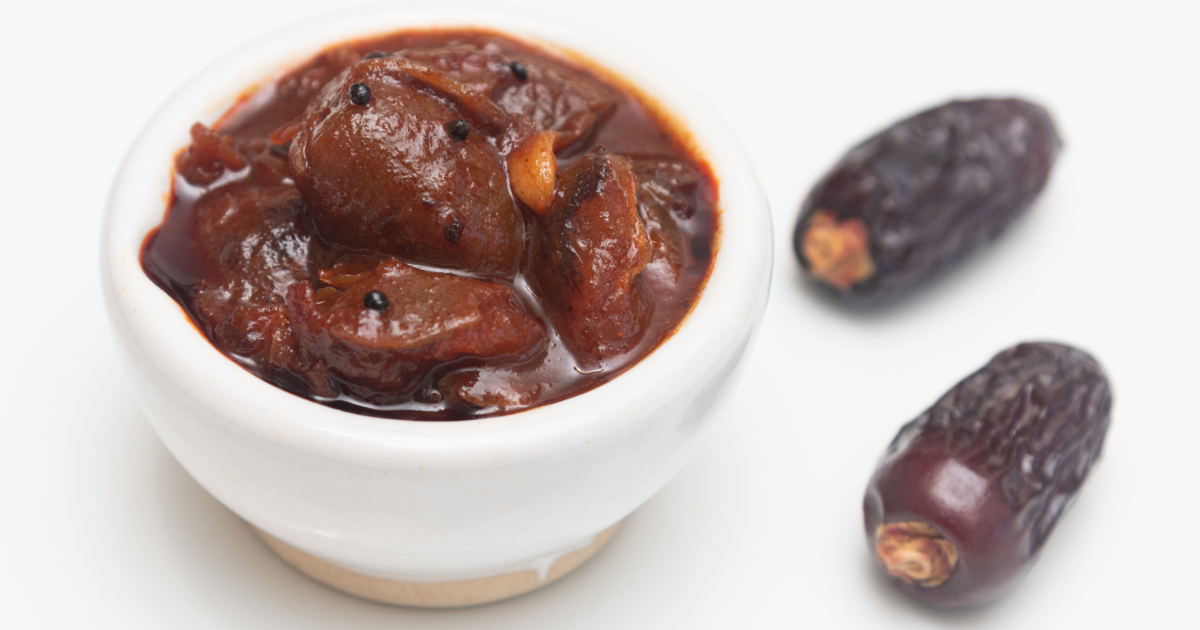
Date Paste Uses
Read MoreDate Paste Uses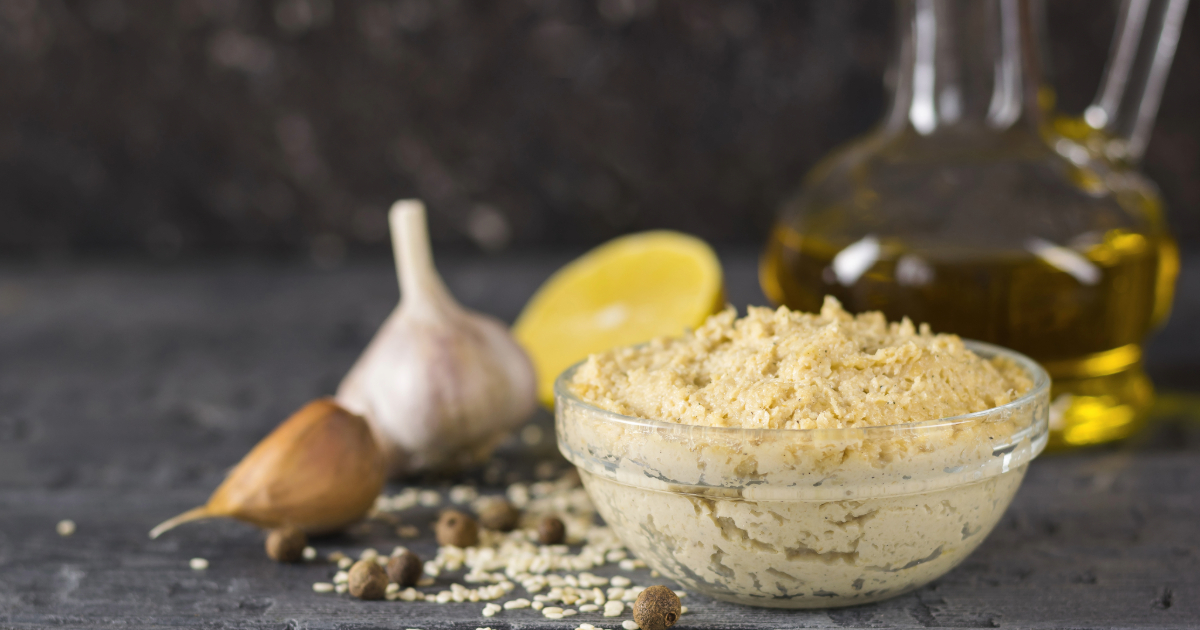
Garlic Paste Uses
Read MoreGarlic Paste Uses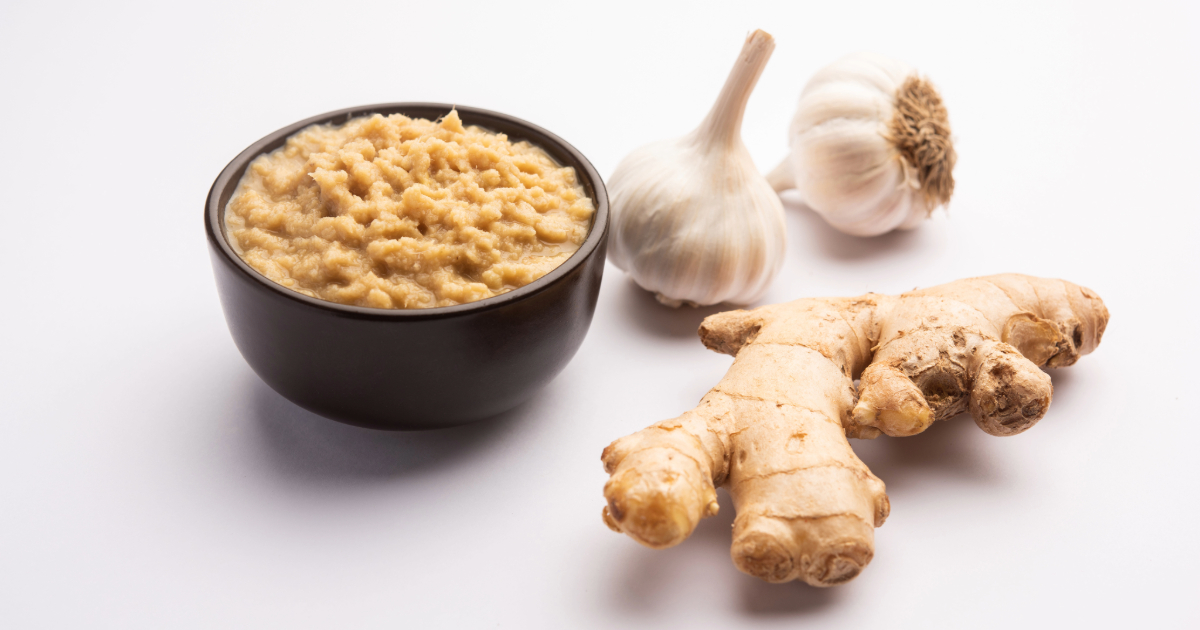
Ginger Paste Uses
Read MoreGinger Paste Uses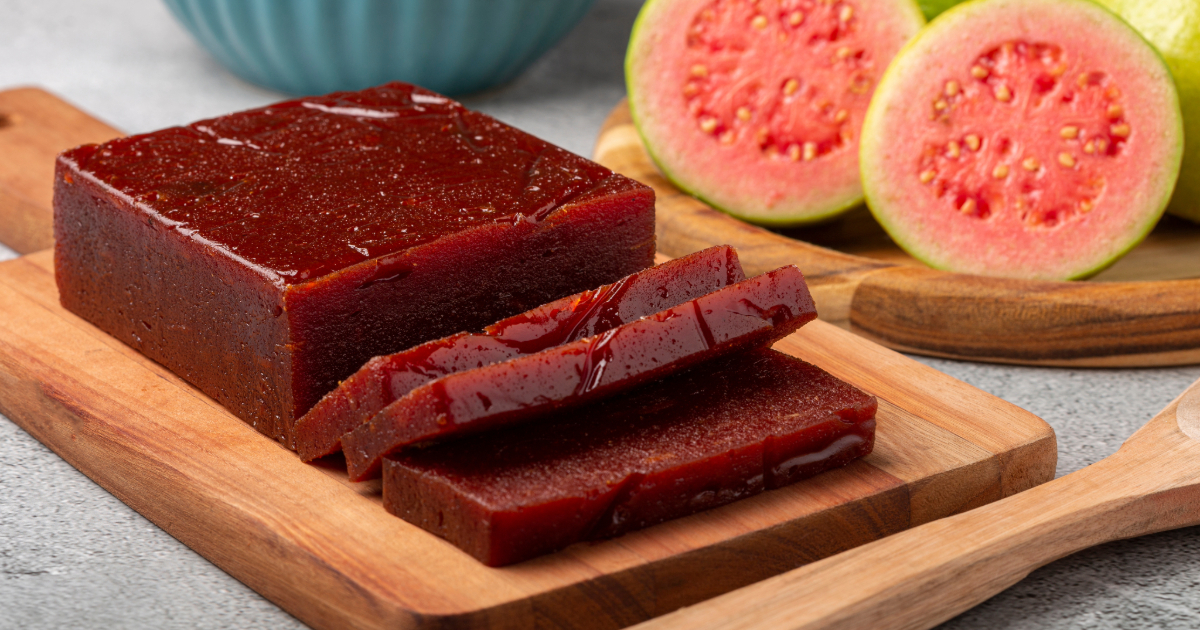
Guava Paste Uses
Read MoreGuava Paste Uses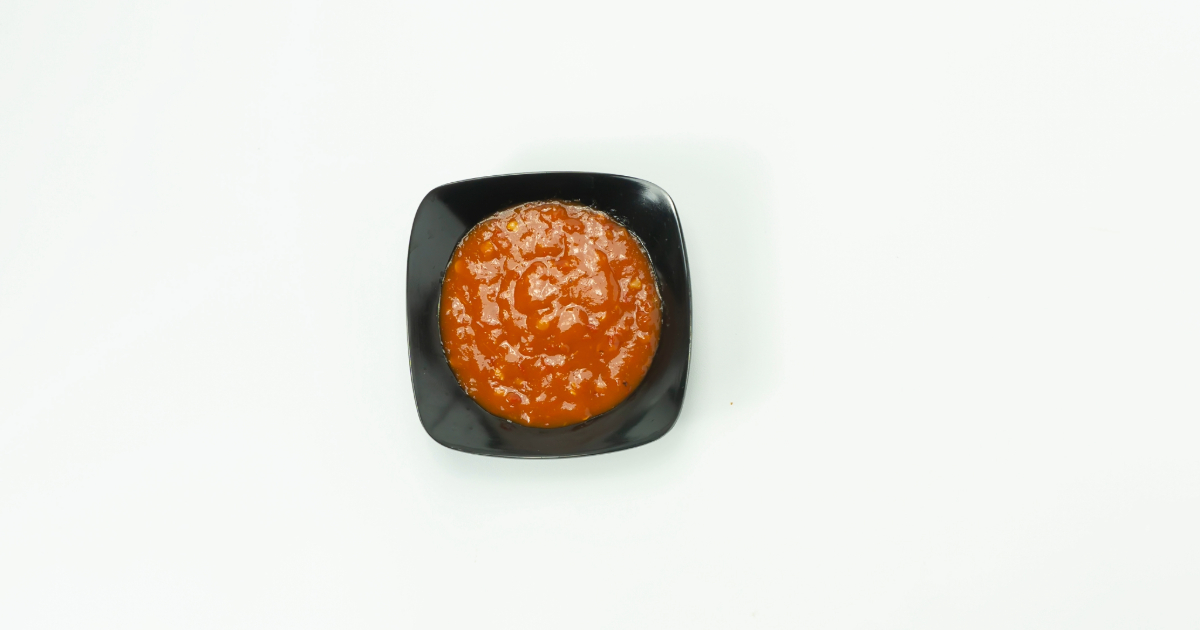
Masala Paste Uses
Read MoreMasala Paste Uses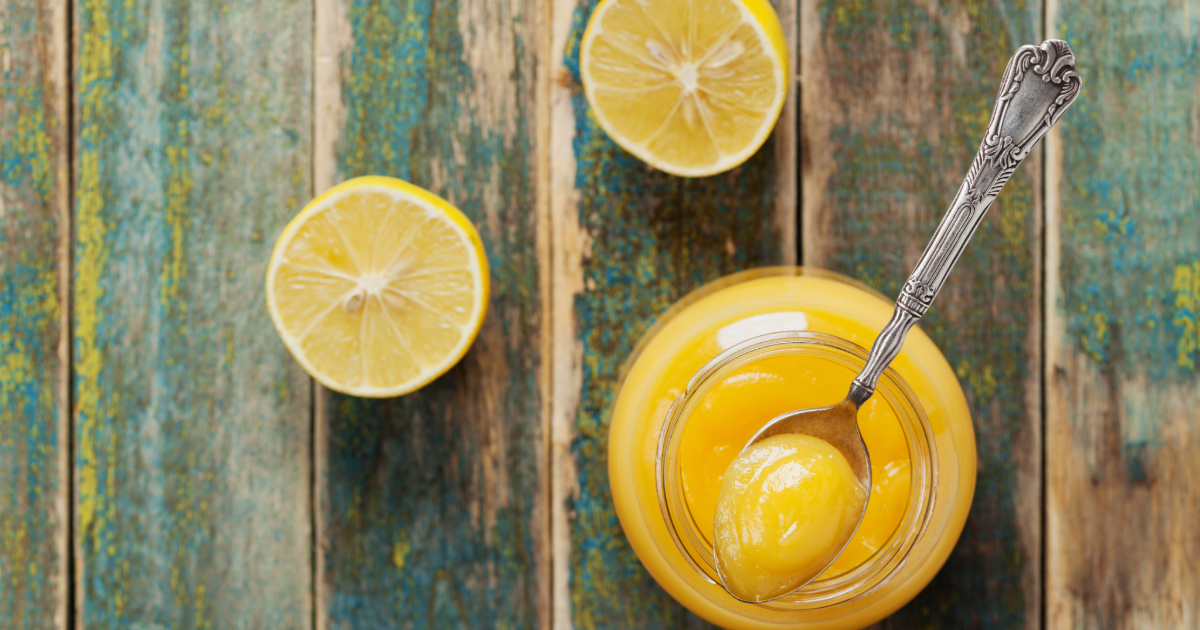
Lemon Paste Uses
Read MoreLemon Paste Uses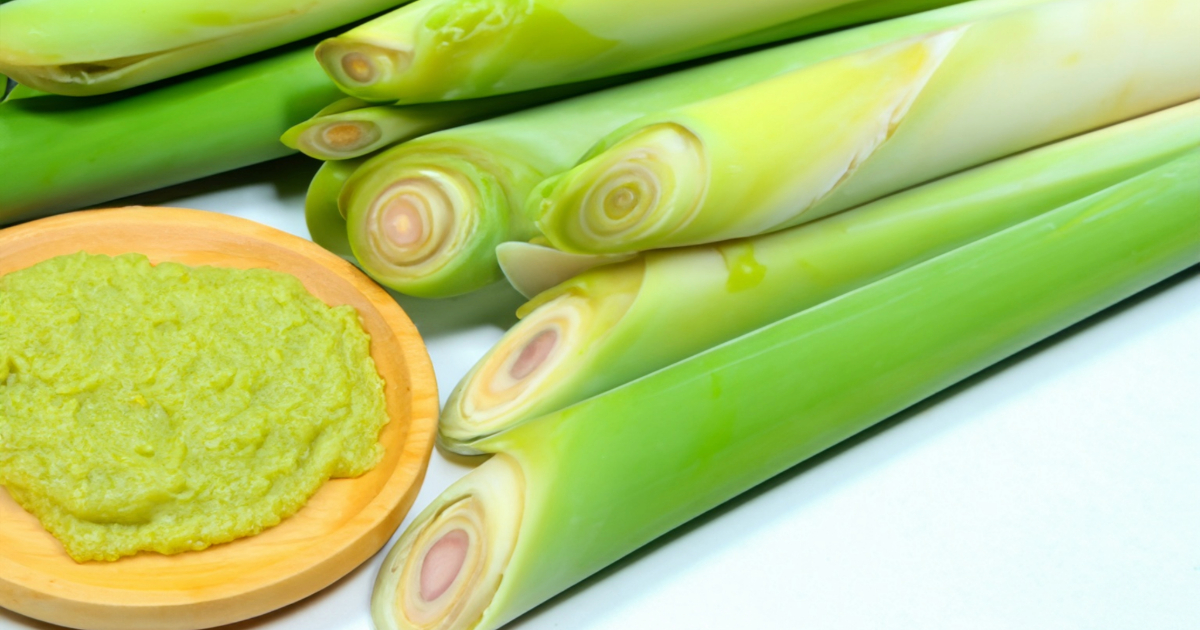
Lemongrass Paste Uses
Read MoreLemongrass Paste Uses